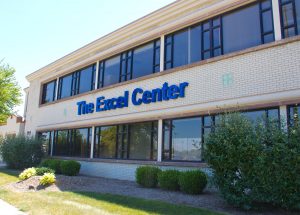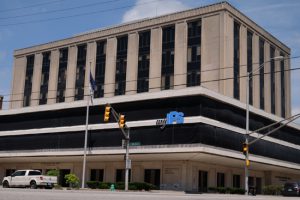
IPS announces new principals at 8 schools as part of Rebuilding Stronger plan
Most of the schools listed in the district’s announcement will adopt Montessori, science, STEM, or International Baccalaureate programming in 2024-25 as part of Rebuilding Stronger.





